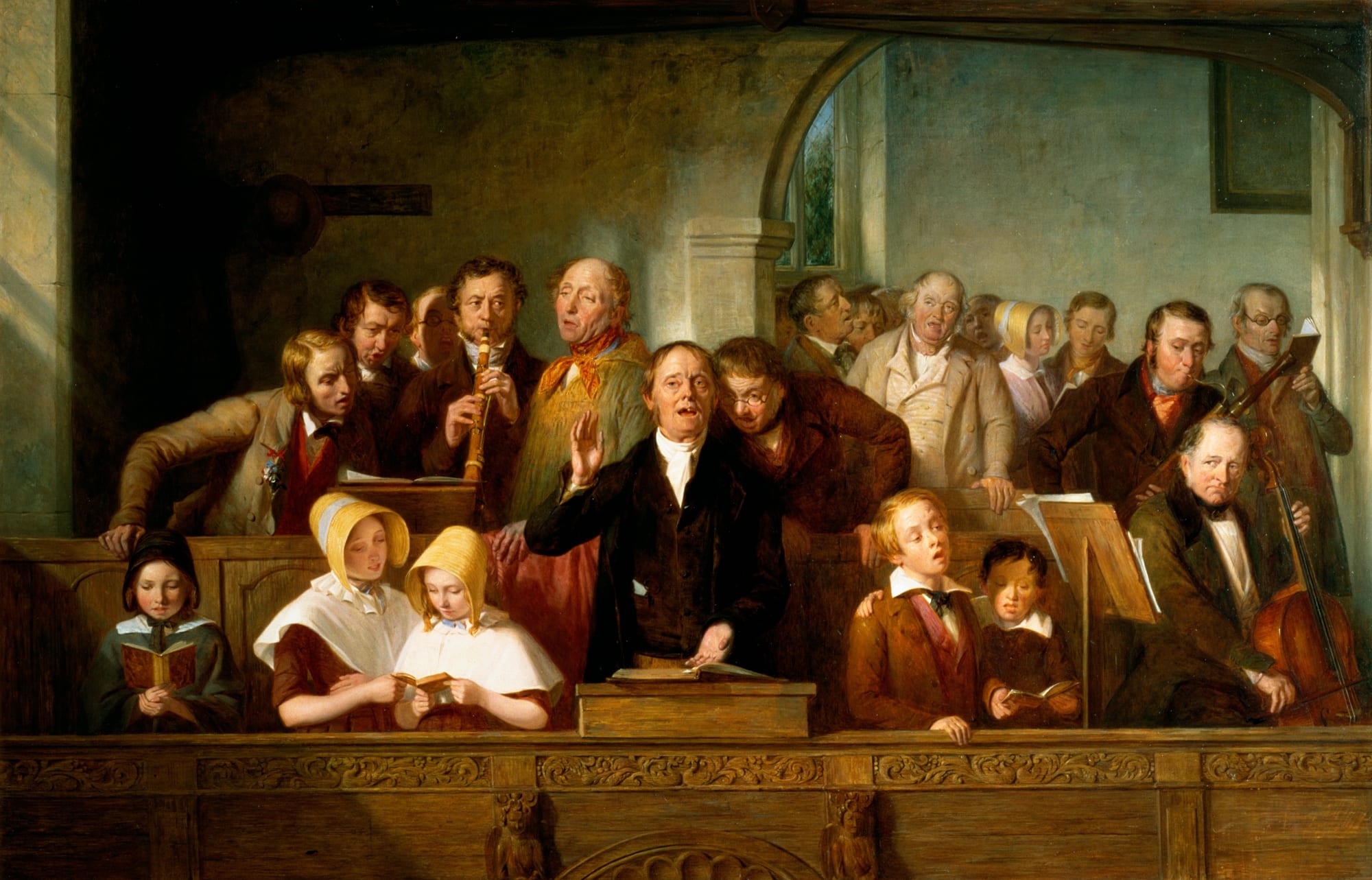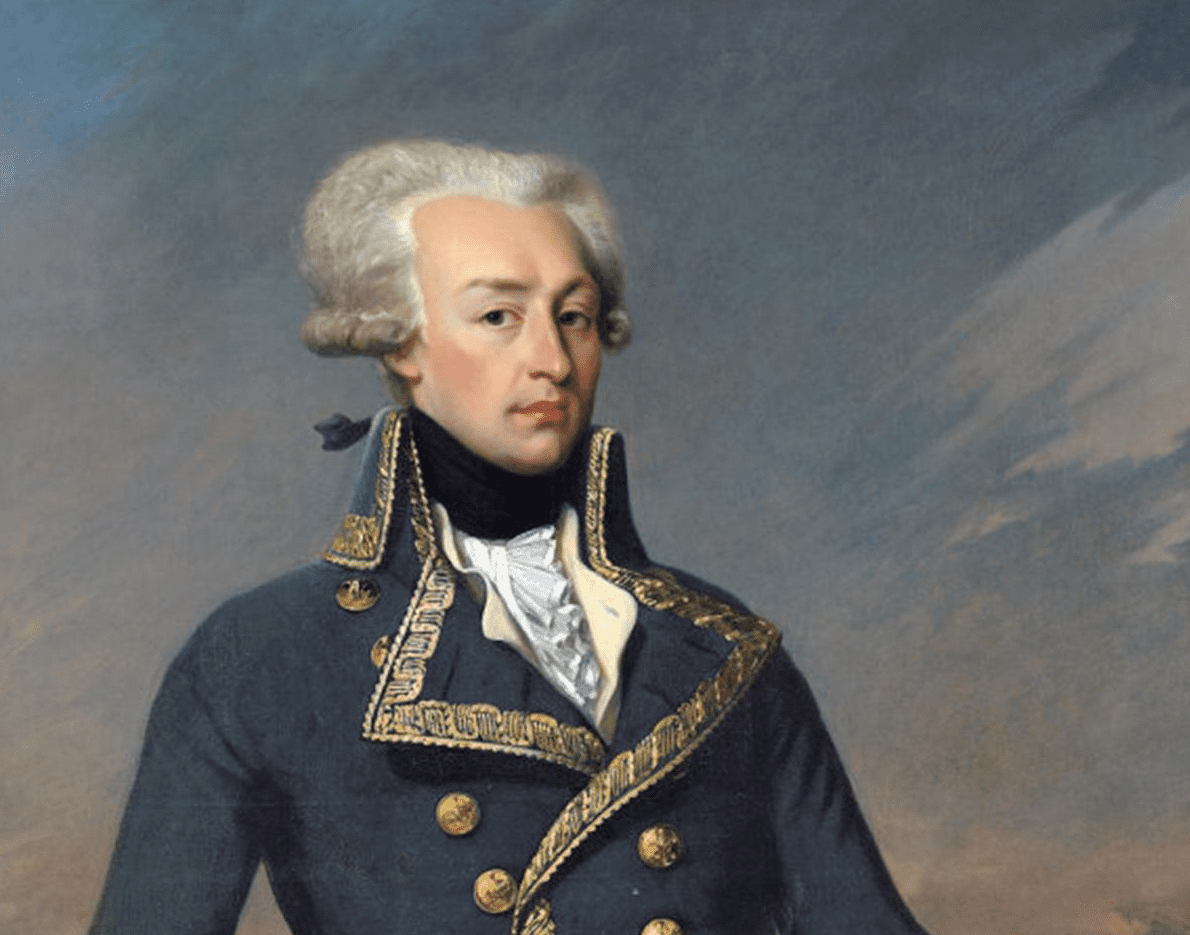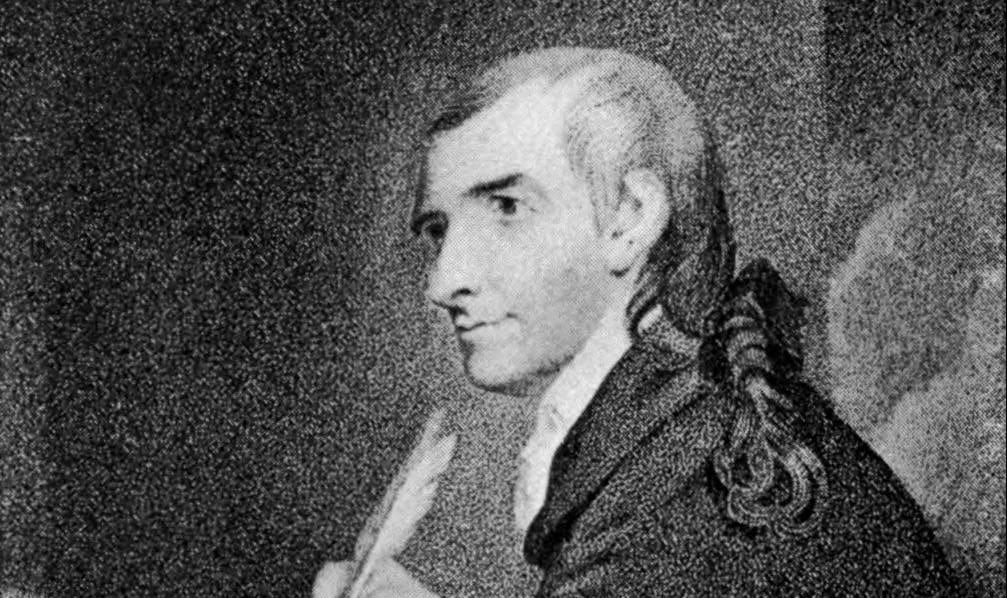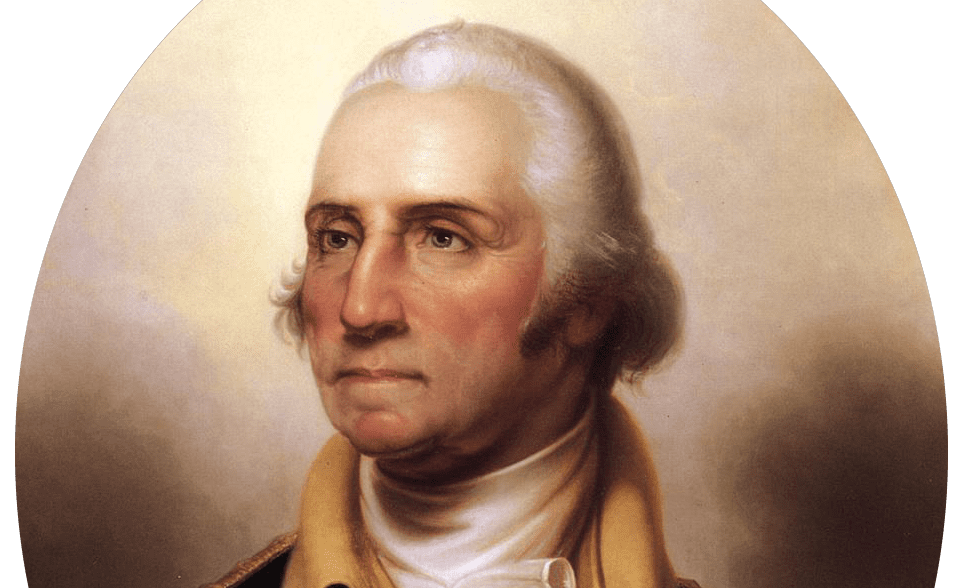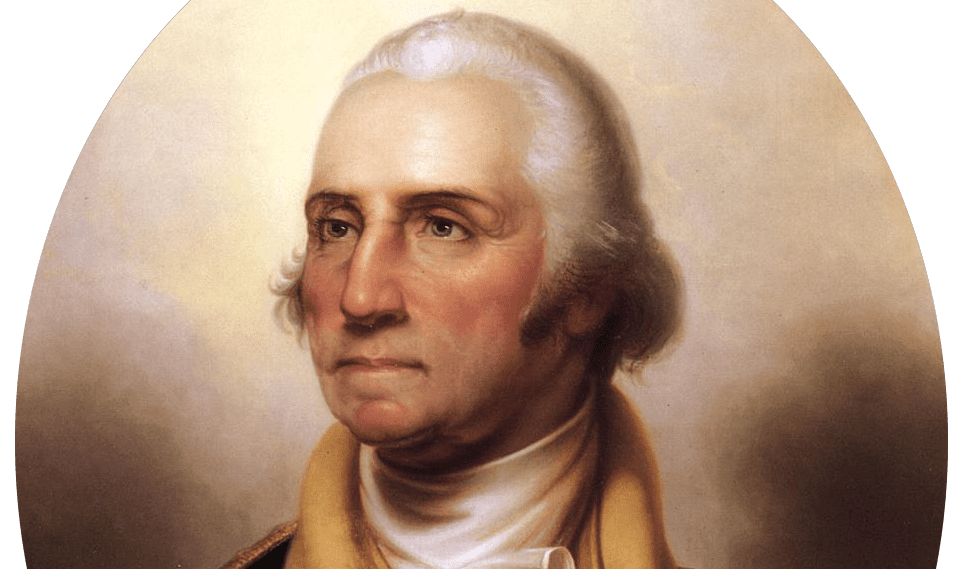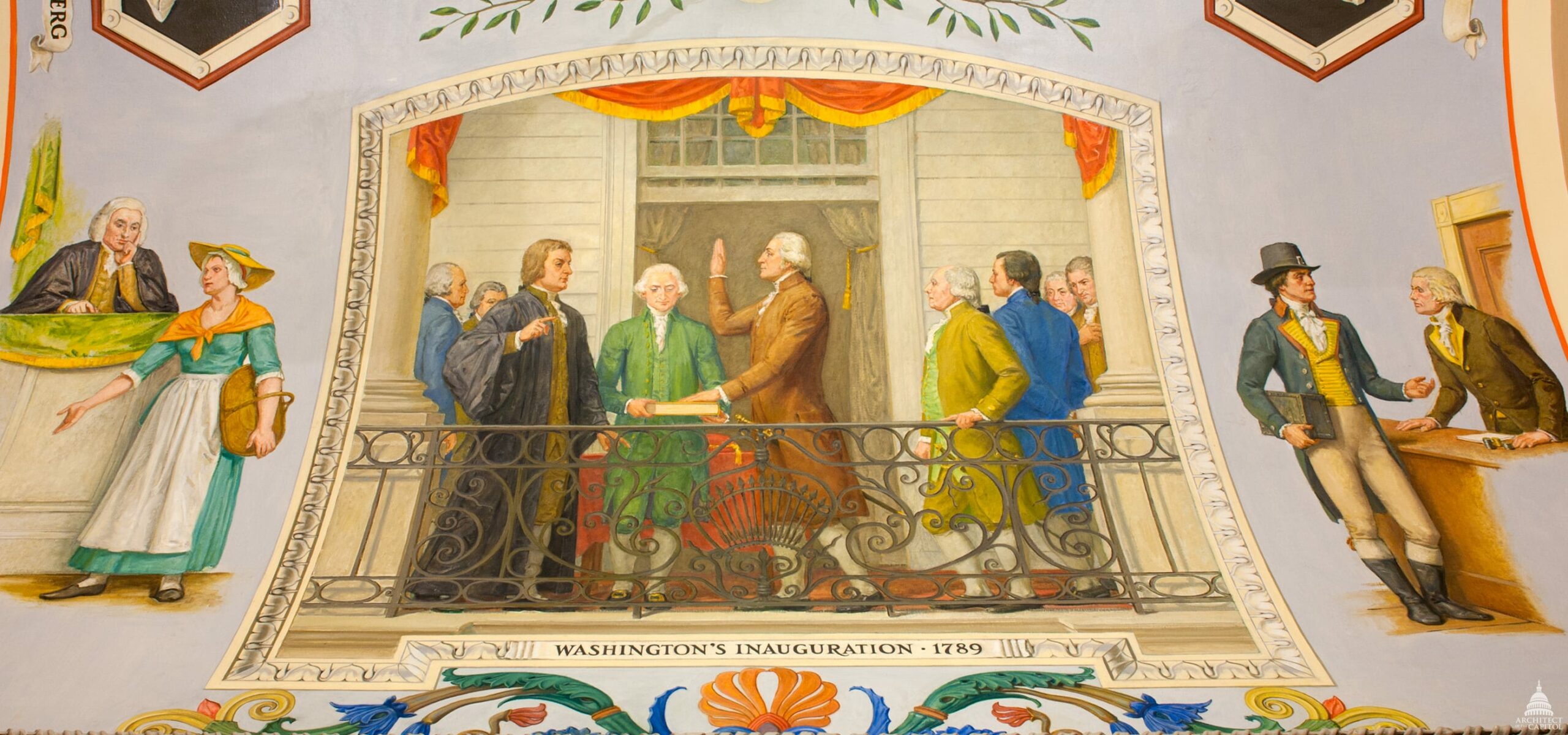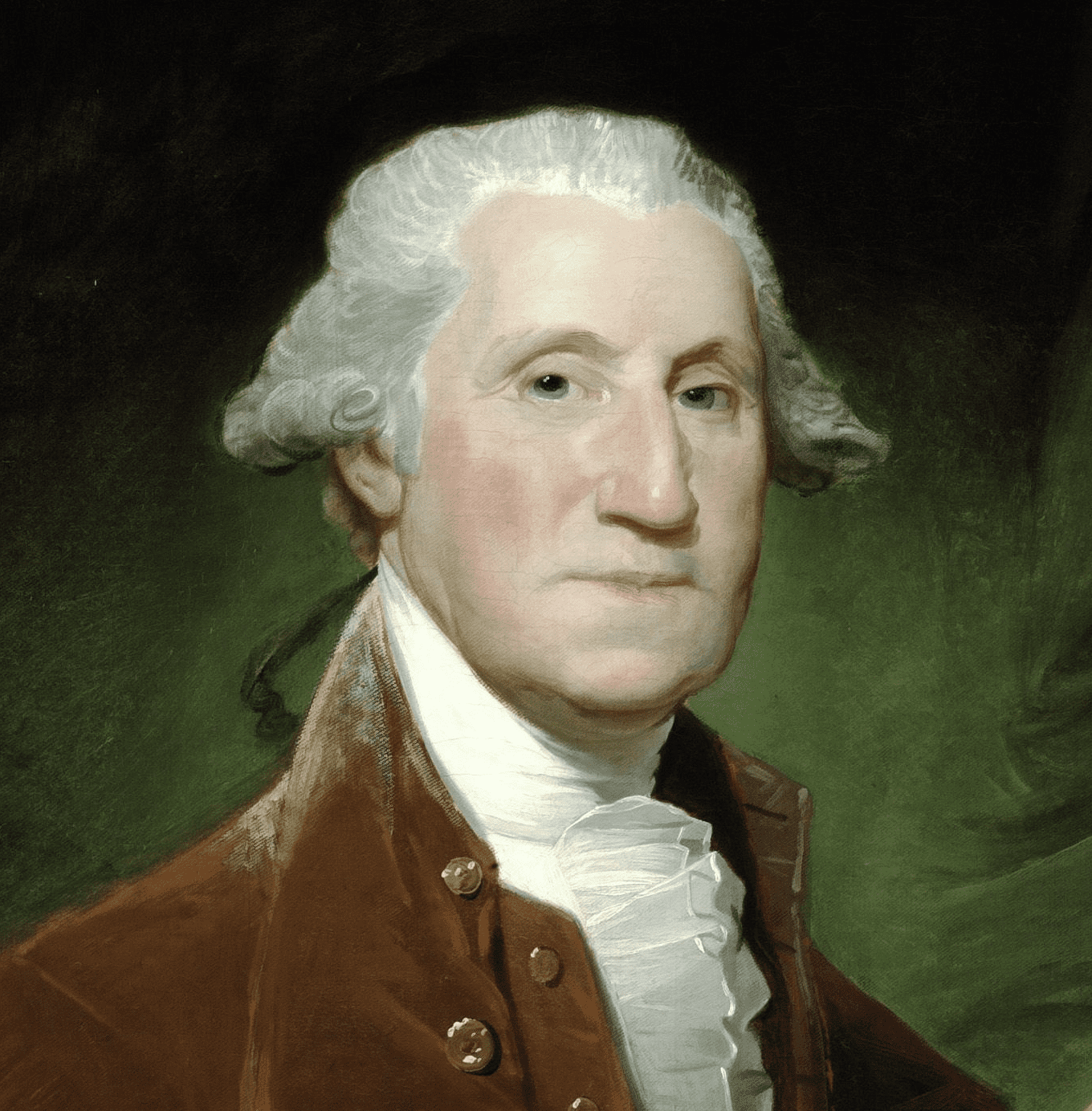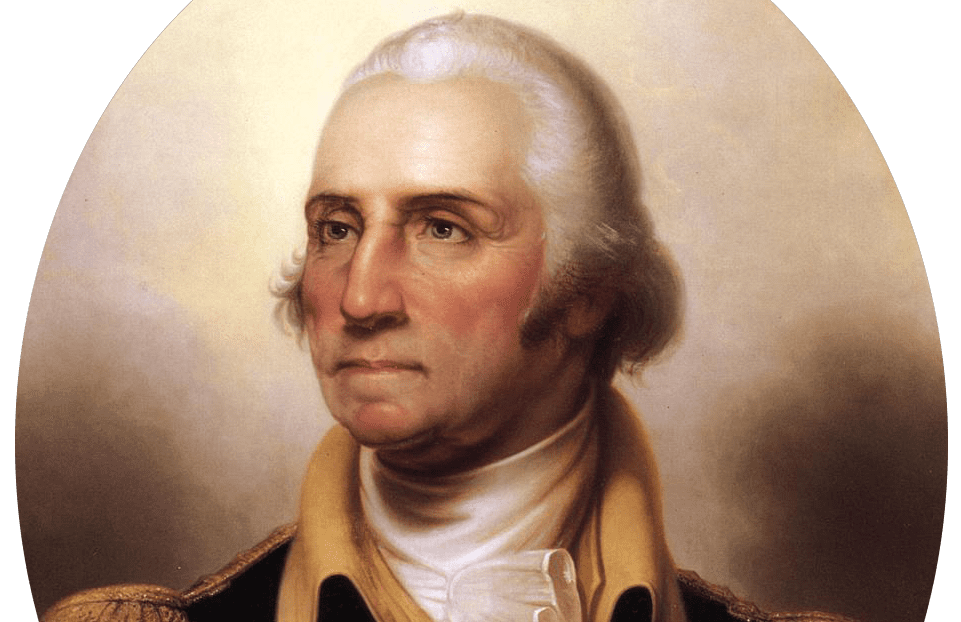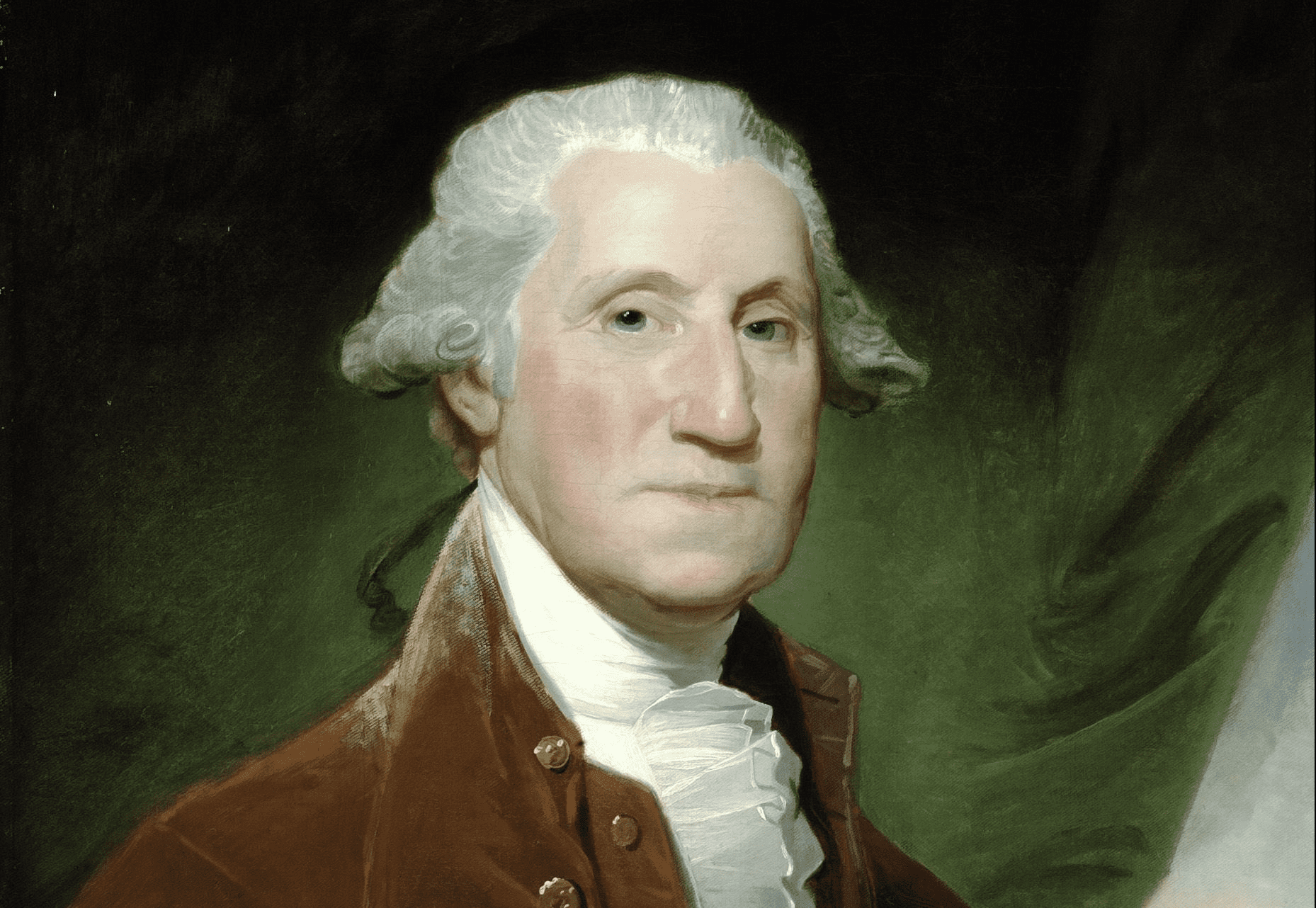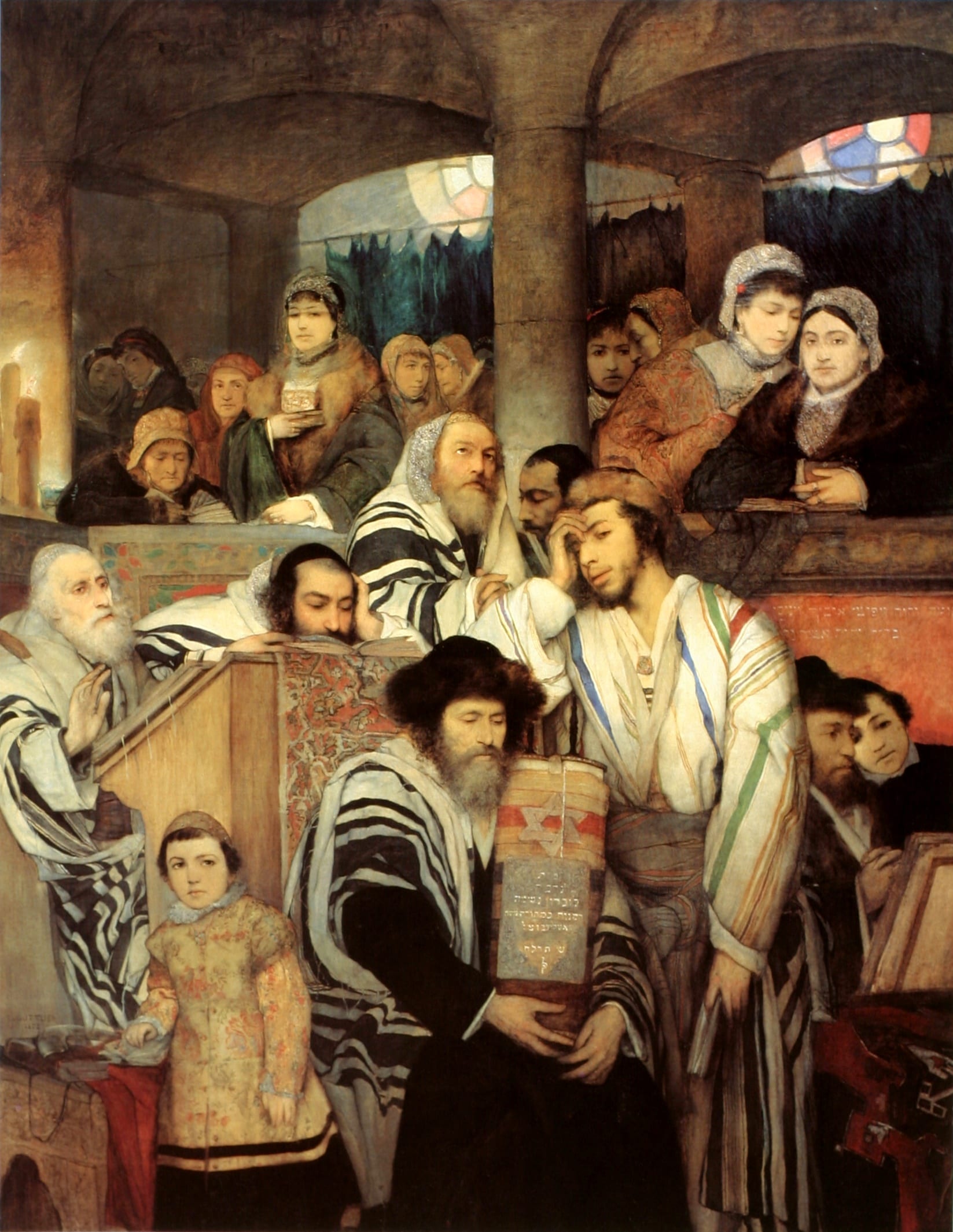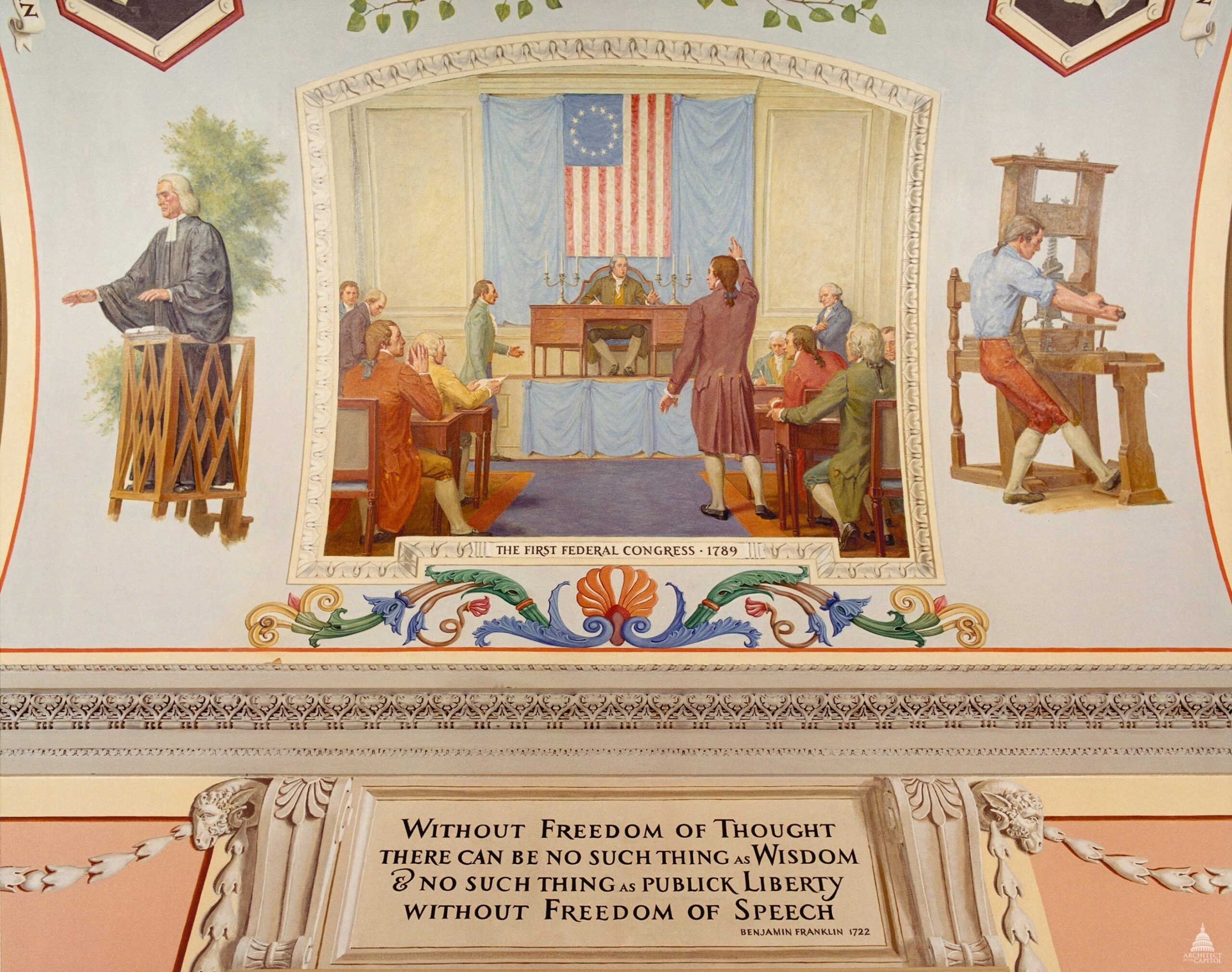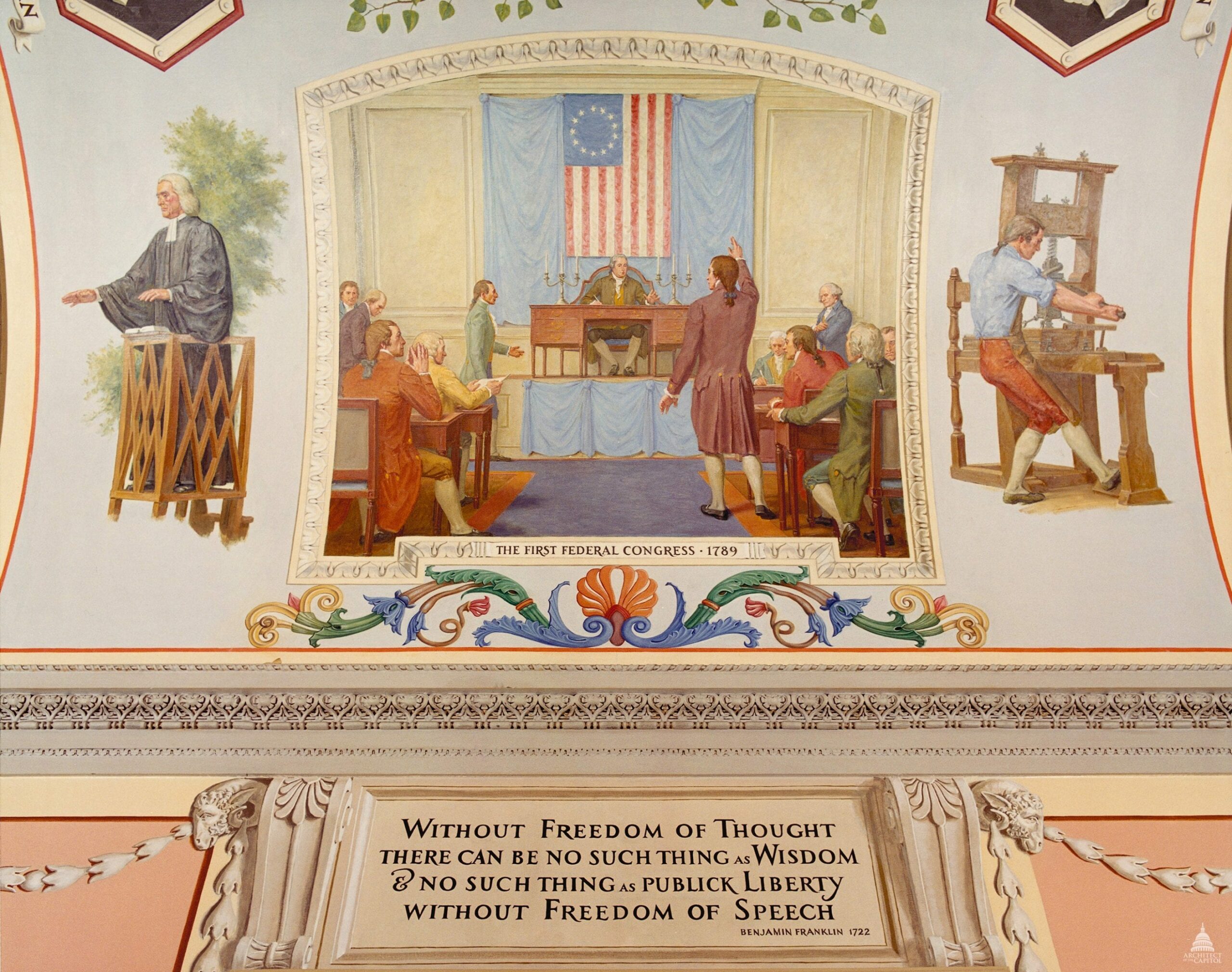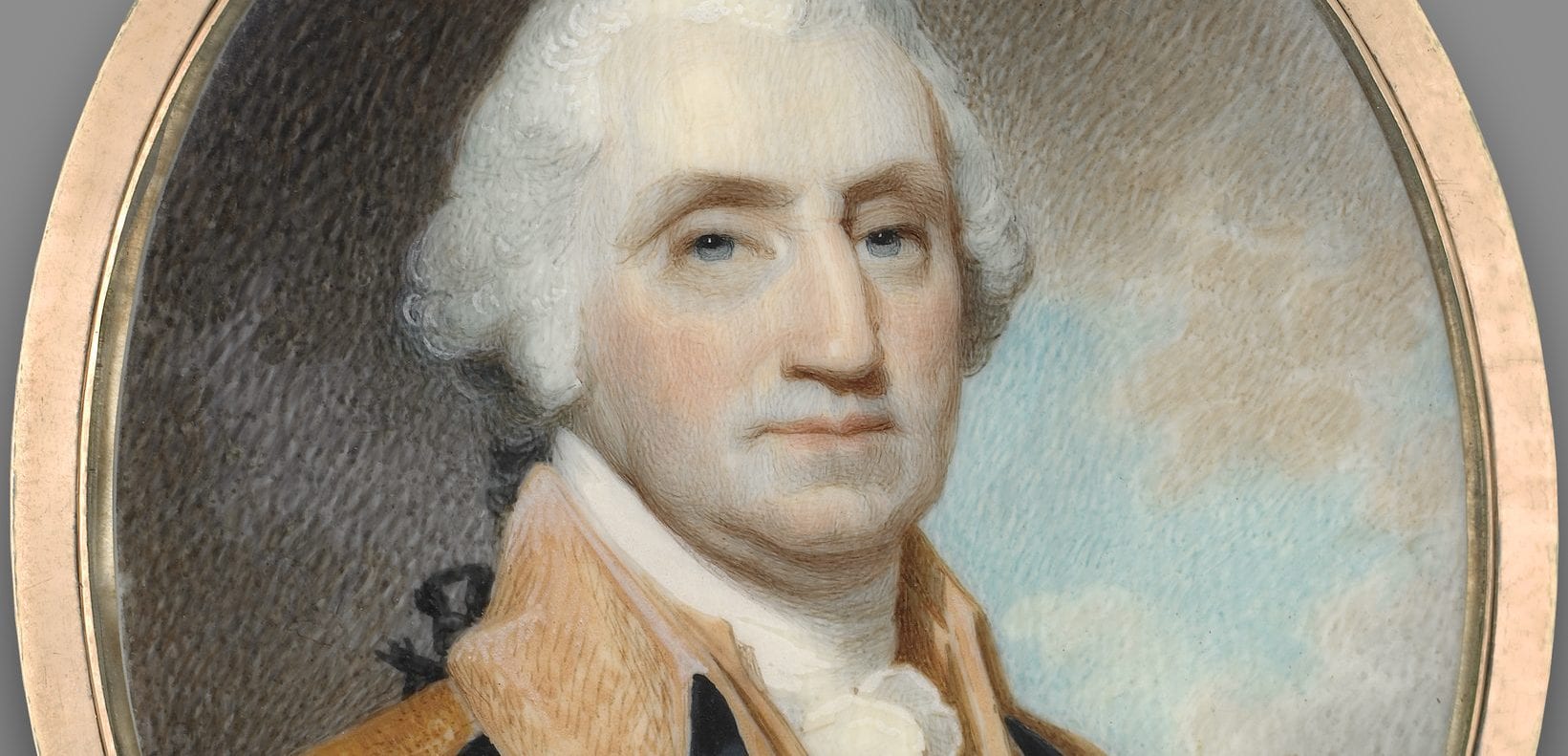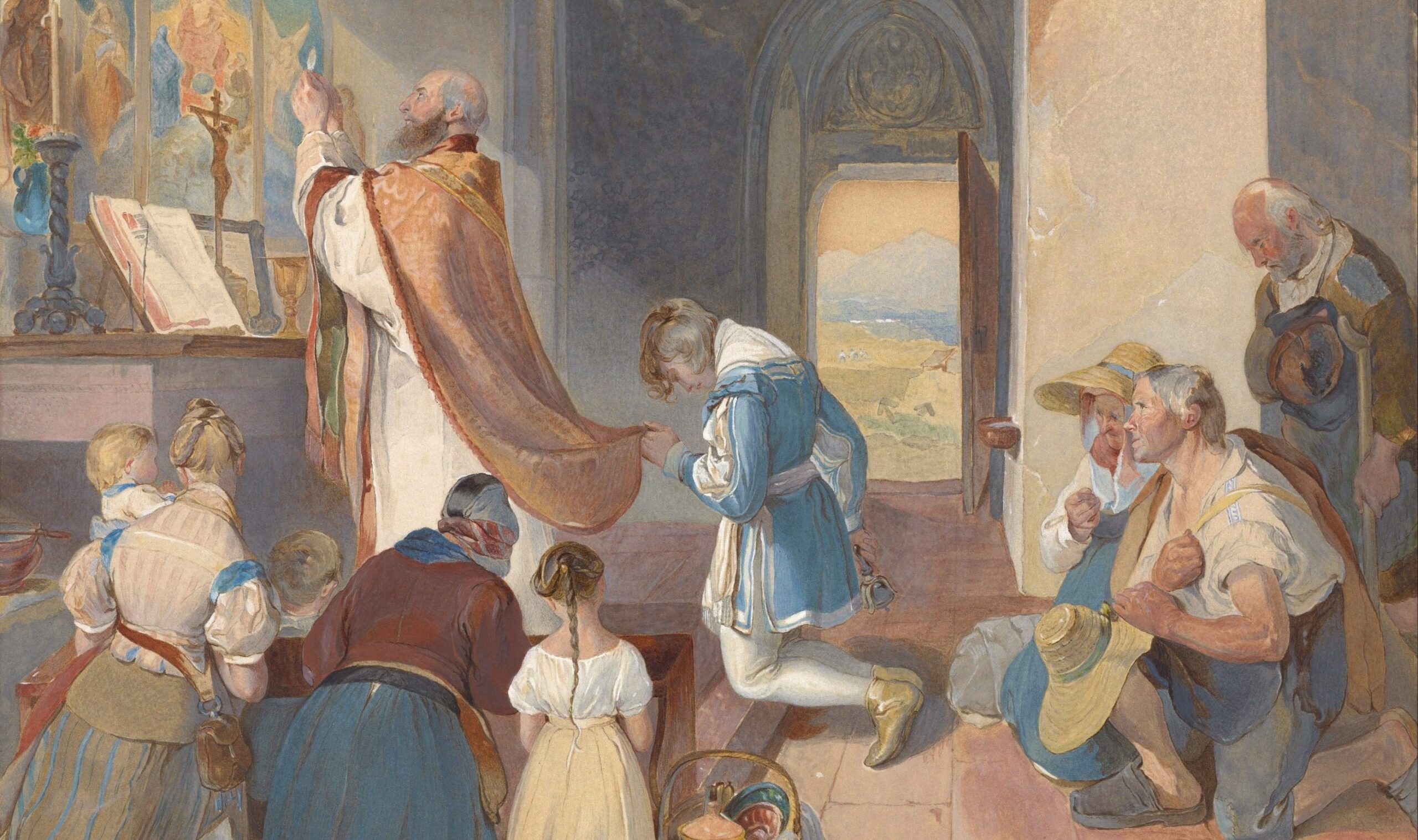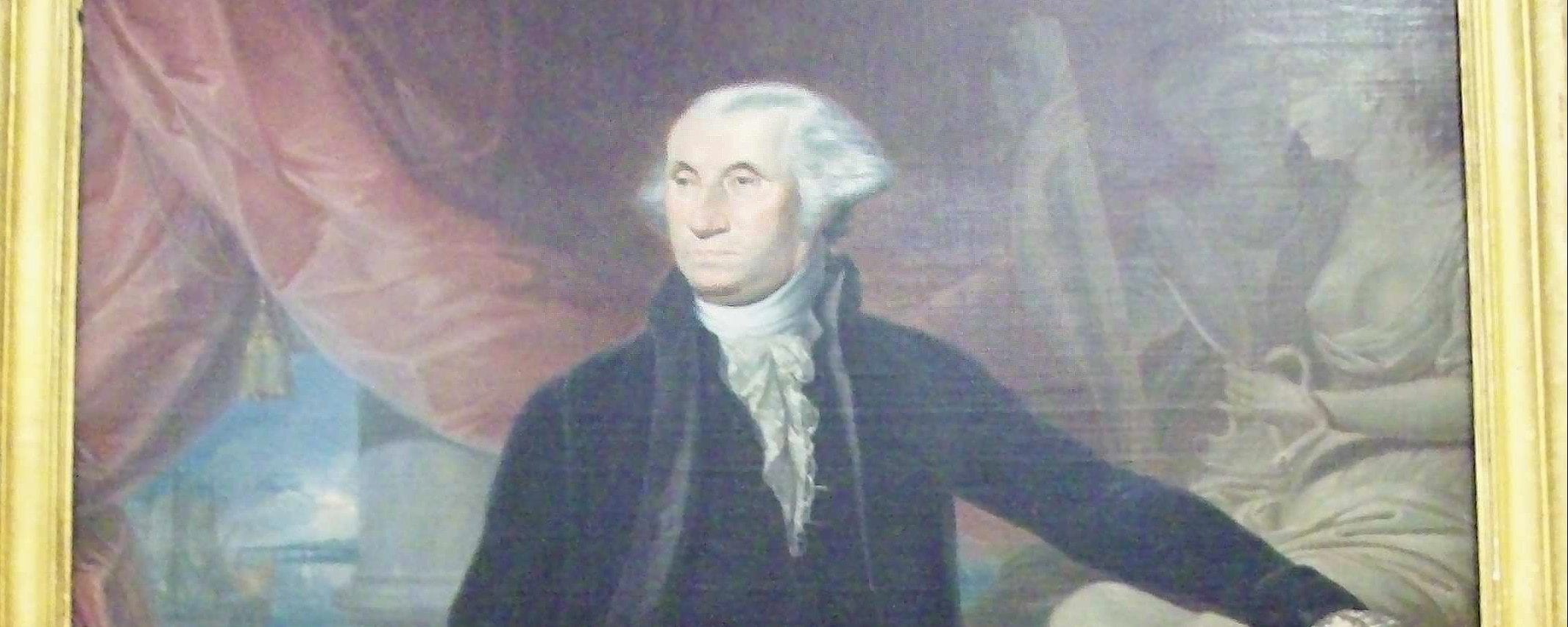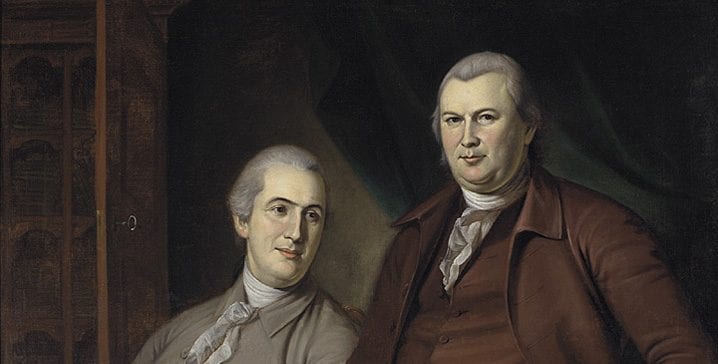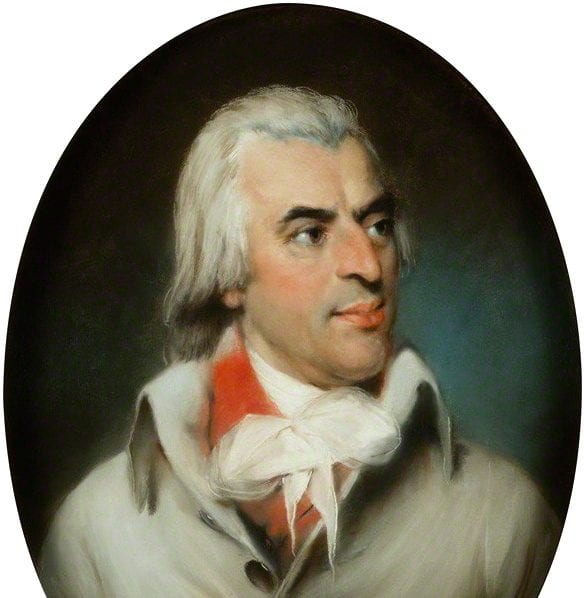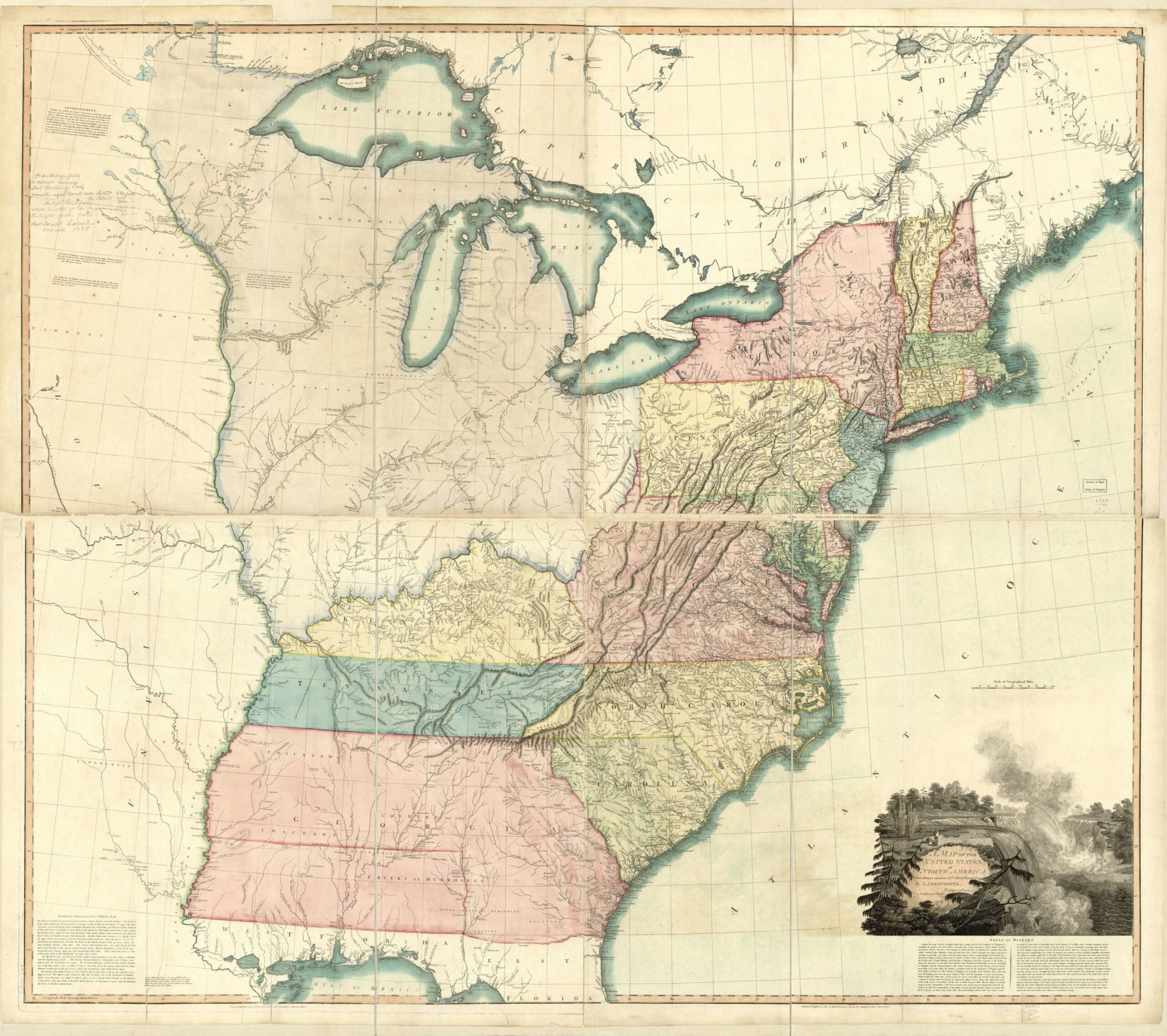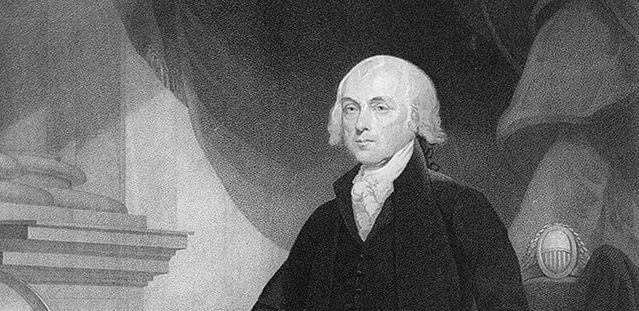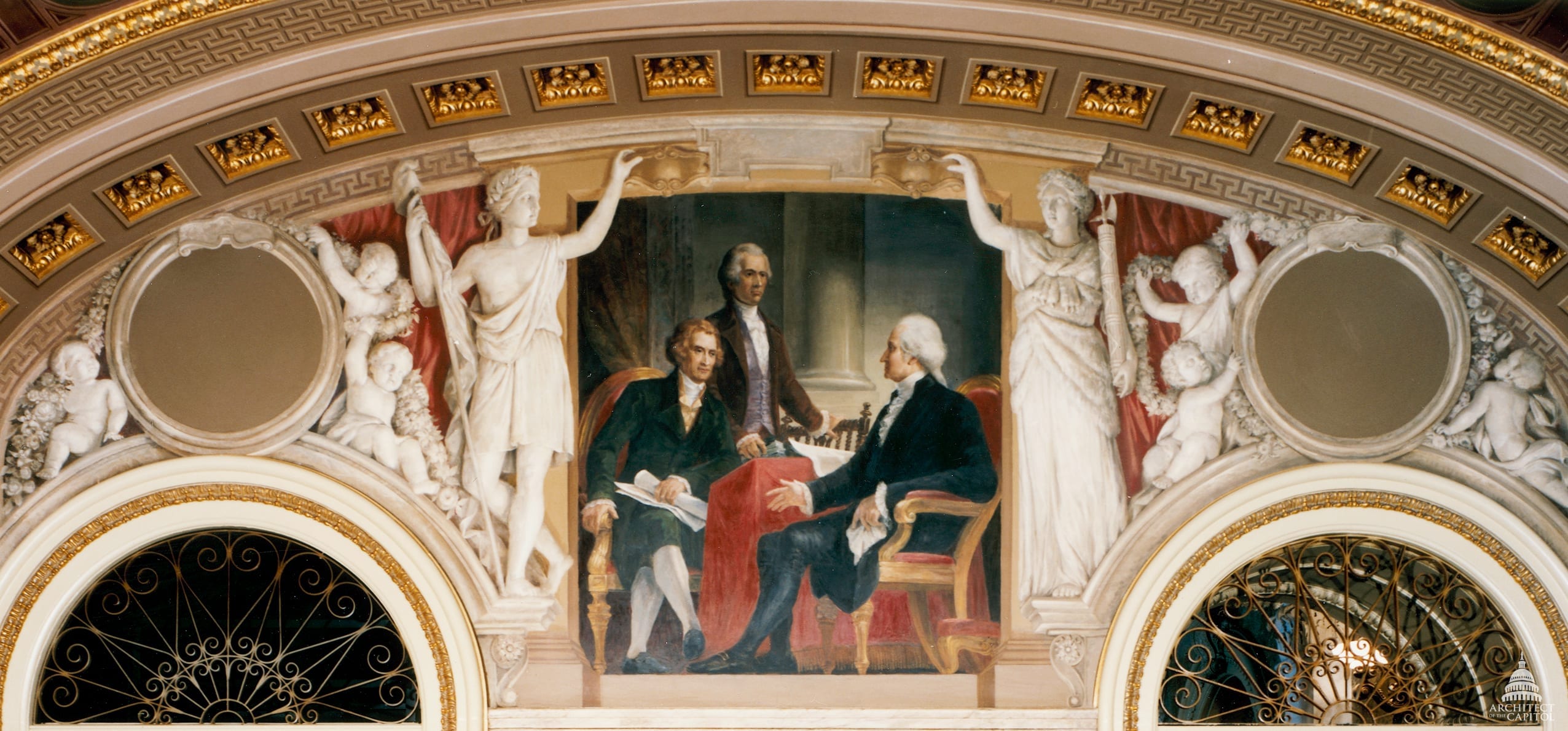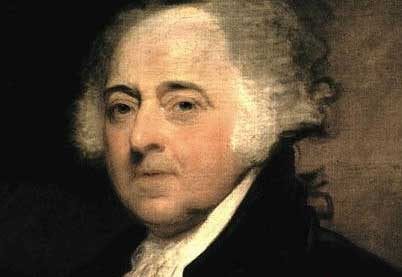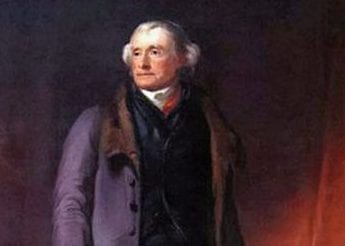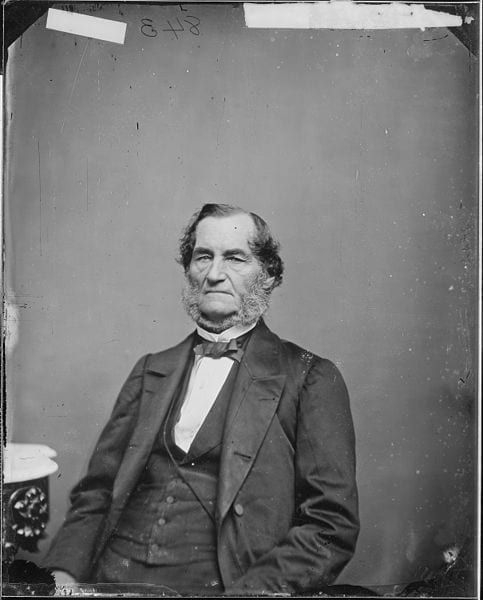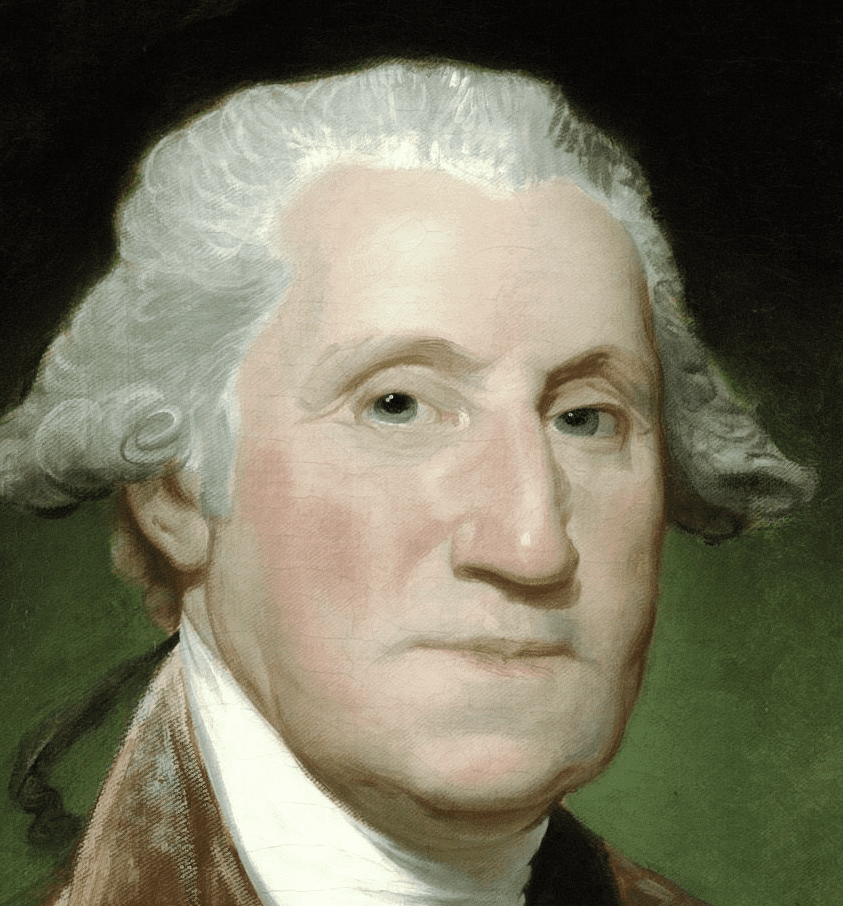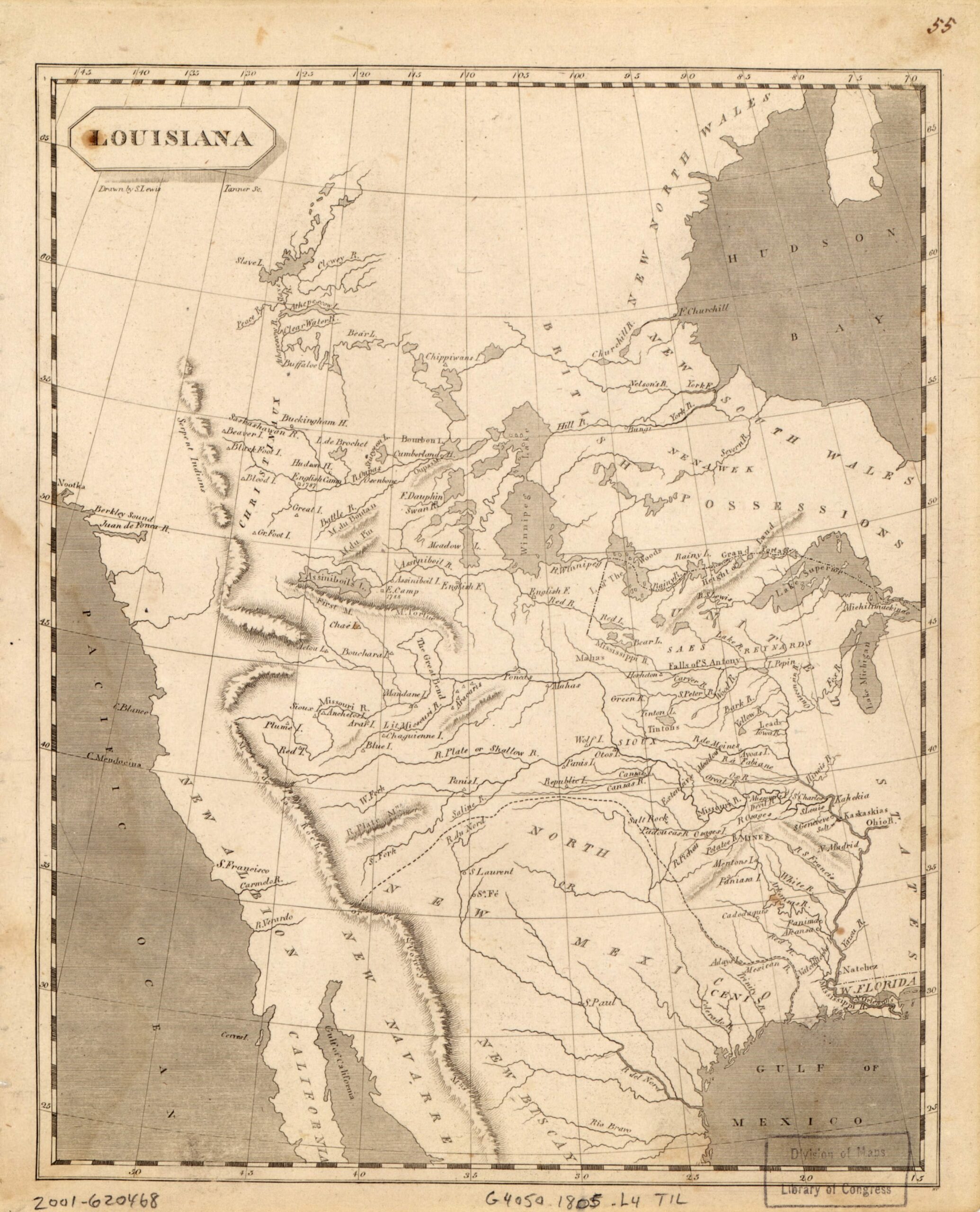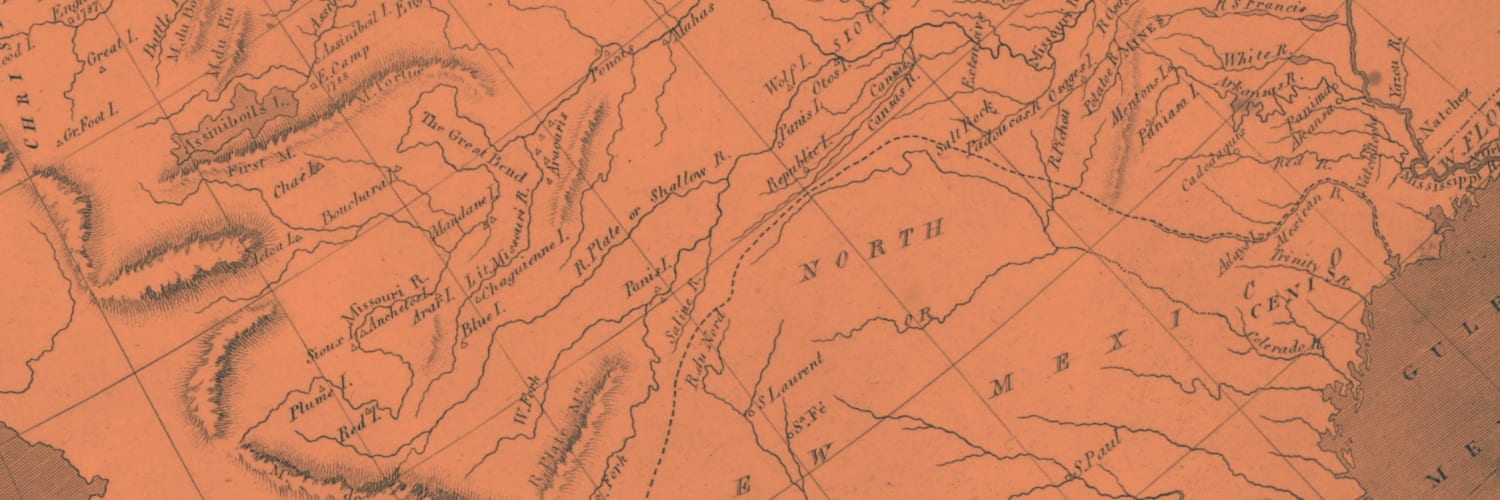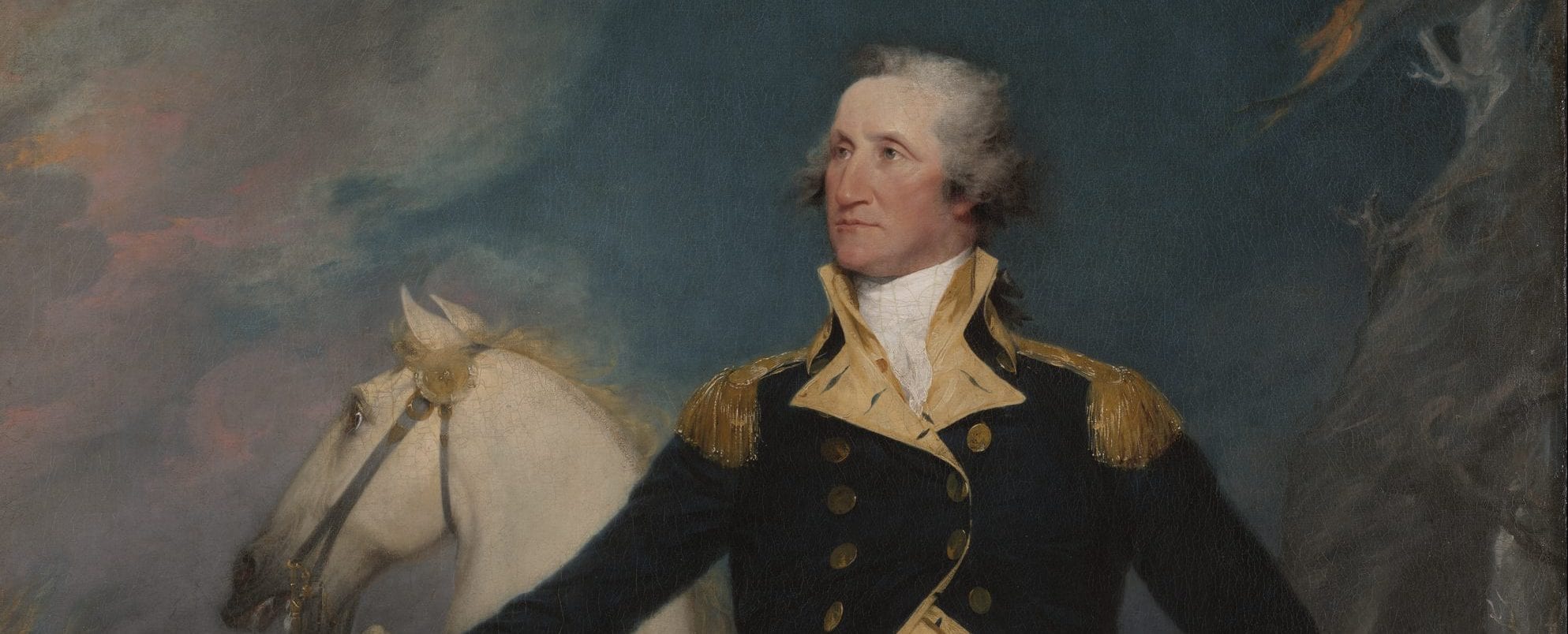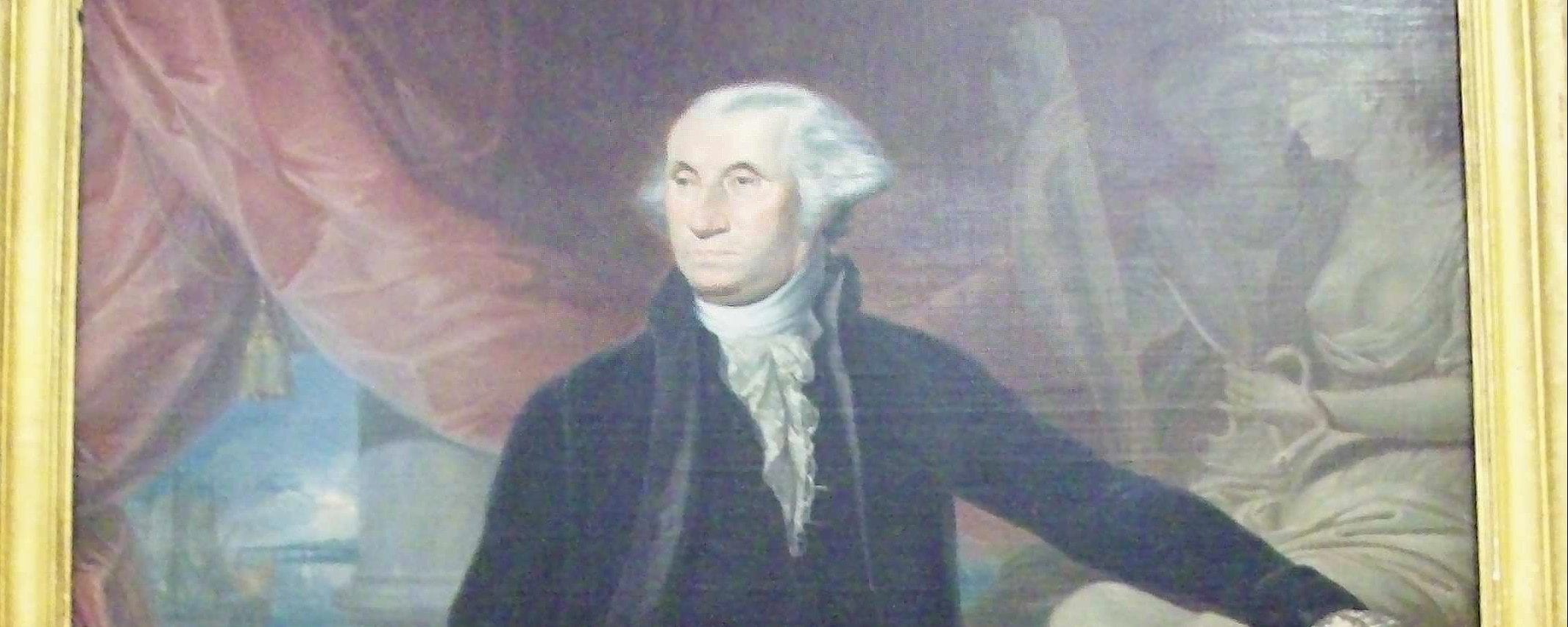
No related resources
Introduction
The French Revolution was a seminal event in the history of the world, and its repercussions were felt far across the Atlantic. The Revolution began in 1789 when economic mismanagement, an antiquated feudal system, widespread famine, and a free-spending monarchy led to demands for reform of France’s “ancient institutions civil and religious”—its aristocratic society and absolute monarchy. The French revolutionaries were devoted to enlightenment principles of representative government and egalitarianism, although in the case of the latter principle that devotion was sometimes excessively enforced. Almost every member of the American founding generation, including prominent members of the emerging Federalist Party, welcomed the French Revolution. Some Americans reacted with horror, however, when the revolutionaries turned violent and “crimsoned her [France’s] soil with blood.” The Democrat-Republicans welcomed the revolutionary French regime as a sister republic, and while acknowledging its excesses deemed it worthy of some degree of American support. It is also important to note that Jefferson’s support for the revolutionary government of France was rooted in part in a realist understanding of American foreign policy. Jefferson believed that the United States was legally obligated to abide by the Franco-American Treaty of Alliance signed in 1778. America’s word, America’s honor, was at stake in abiding by its treaty obligations.
Alexander Hamilton was concerned with the anti-Christian turn the Revolution took in 1793–94, when churches were ransacked and turned into “temples of reason”; the Christian calendar and Christian cemeteries were replaced by secular substitutes; and bishops, priests, and nuns were publicly humiliated and even executed. In these reflections, which apparently were never published, Hamilton drew a link between advocates who defined freedom as the absence of any restraint and those who believed in the inevitable progress of mankind. This type of “new philosophy” represented a “wild and fatal” creed destined to subject societies to “a long train of substantial misfortunes.” Votaries of this new philosophy (e.g., Thomas Jefferson) were pressing for the United States to engage in a “common cause” with France and to import these destructive doctrines.
Alexander Hamilton, “Views on the French Revolution,” 1794, available at https://founders.archives.gov/documents/Hamilton/01-26-02-0002-0442.
Facts, numerous and unequivocal, demonstrate that the present era is among the most extraordinary which have occurred in the history of human affairs. Opinions, for a long time, have been gradually gaining ground, which threaten the foundations of religion, morality, and society. An attack was first made upon the Christian revelation; for which natural religion was offered as the substitute. The Gospel was to be discarded as a gross imposture; but the being and attributes of a God, the obligations of piety, even the doctrine of a future state of rewards and punishments were to be retained and cherished….
A league has at length been cemented between the apostles and disciples of irreligion and of anarchy. Religion and government have both been stigmatized as abuses; as unwarrantable restraints upon the freedom of man; as causes of the corruption of his nature, intrinsically good; as sources of an artificial and false morality, which tyrannically robs him of the enjoyments for which his passions fit him; and as clogs upon his progress to the perfection for which he was destined.
As a corollary from these premises, it is a favorite tenet of the sect that religious opinion of any sort is unnecessary to society; that the maxims of a genuine morality and the authority of the magistracy and the laws are a sufficient and ought to be the only security for civil rights and private happiness.
As another corollary, it is occasionally maintained by the same sect, that but a small portion of power is requisite to government; that even this portion is only temporarily necessary, in consequence of the bad habits which have been produced by the errors of ancient systems; and that as human nature shall refine and ameliorate by the operation of a more enlightened plan, government itself will become useless, and society will subsist and flourish free from its shackles.
If all the votaries of this new philosophy do not go the whole length of its frantic creed, they all go far enough to endanger the full extent of the mischiefs which are inherent in so wild and fatal a scheme, every modification of which aims a mortal blow at the vitals of human happiness.
The practical development of this pernicious system has been seen in France. It has served as an engine to subvert all her ancient institutions civil and religious, with all the checks that served to mitigate the rigor of authority; it has hurried her headlong through a rapid succession of dreadful revolutions, which have laid waste property, made havoc among the arts, overthrown cities, desolated provinces, unpeopled regions, crimsoned her soil with blood, and deluged it in crime poverty and wretchedness; and all this as yet for no better purpose than to erect on the ruins of former things a despotism unlimited and uncontrolled; leaving to a deluded, an abused, a plundered, a scourged, and an oppressed people not even the shadow of liberty to console them for a long train of substantial misfortunes, of bitter sufferings.
This horrid system seemed awhile to threaten the subversion of civilized society and the introduction of general disorder among mankind. And though the frightful evils, which have been its first and only fruits, have given a check to its progress, it is to be feared that the poison has spread too widely and penetrated too deeply, to be as yet eradicated. Its activity has indeed been suspended, but the elements remain concocting for new eruptions as occasion shall permit. It is greatly to be apprehended, that mankind is not near the end of the misfortunes, which it is calculated to produce, and that it still portends a long train of convulsion, revolution, carnage, devastation, and misery.
Symptoms of the too great prevalence of this system in the United States are alarmingly visible. It was by its influence that efforts were made to embark this country in a common cause with France in the early period of the present war; to induce our government to sanction and promote her odious principles and views with the blood and treasure of our citizens. It is by its influence, that every succeeding revolution has been approved or excused—all the horrors that have been committed justified or extenuated—that even the last usurpation, which contradicts all the ostensible principles of the Revolution, has been regarded with complacency; and the despotic constitution engendered by it slyly held up as a model not unworthy of our imitation.
In the progress of this system, impiety and infidelity have advanced with gigantic strides. Prodigious crimes heretofore unknown among us are seen….
Stubborn Facts
February 28, 1795
Conversation-based seminars for collegial PD, one-day and multi-day seminars, graduate credit seminars (MA degree), online and in-person.

